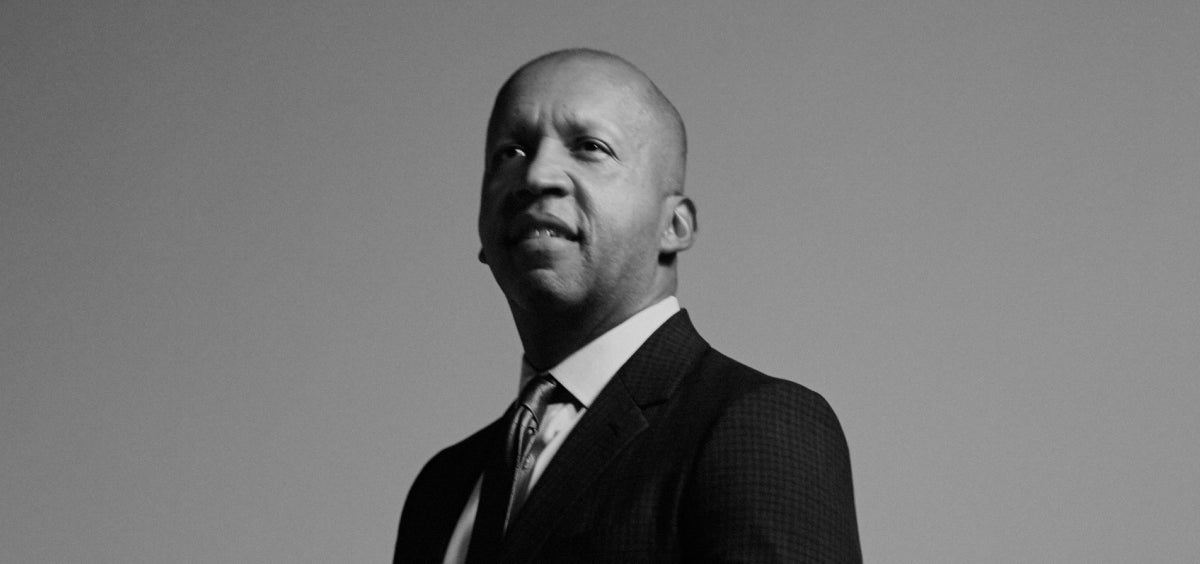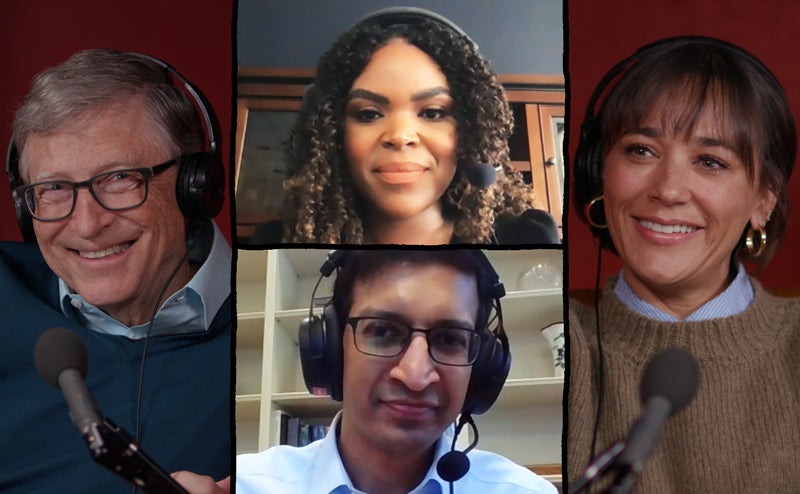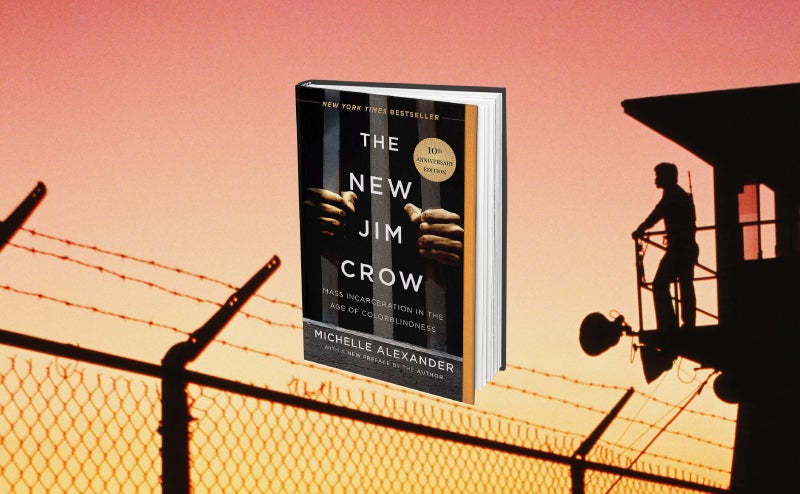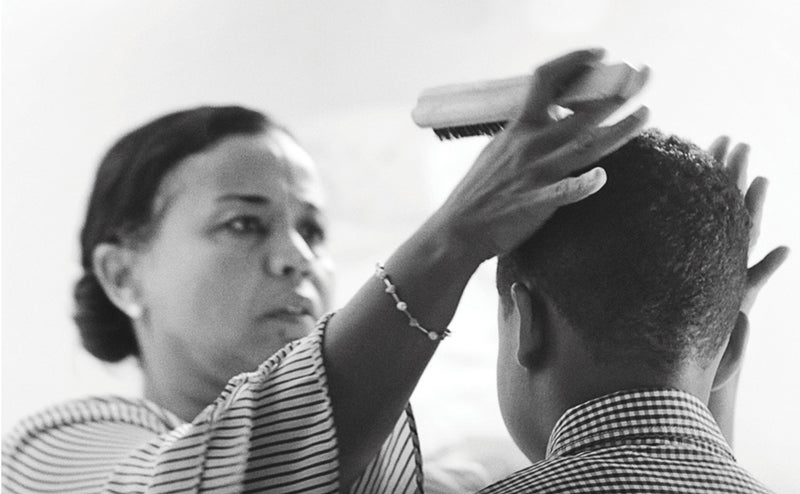Earlier this week, I had the opportunity to join 500 social studies teachers in watching a talk by Bryan Stevenson.
Bryan founded and runs the Equal Justice Initiative, an amazing organization based in Alabama that works to fix our country’s draconian criminal justice system. EJI provides legal representation for people who have been unfairly sucked into that system. The organization also does inspiring work to educate the public about the horrors of slavery and racism through its Legacy Museum and the National Memorial for Peace and Justice. It’s hard to imagine a better person to kick off a conference for social studies teachers than Bryan. (If you aren’t familiar with him, I recommend watching the movie or reading the book Just Mercy.)
His speech was part of a conference hosted by an effort that I created called the OER Project. They support social studies teachers by providing them with new curricula, content, and a community to share ideas (OER stands for “open educational resources”). I think most people are familiar with the work of the OER Project because of Big History, but they now offer multiple high-quality courses for educators. Attendance for this year’s conference is—like everything that OER offers—free to all teachers.
Bryan was one of several speakers over the course of three days. His remarks focused on the role teachers can play in examining the American experience and helping young people find a new way forward. He spoke at length about the parts of U.S. history that are often left out of the classroom, including the historical racism experienced by Black Americans.
I was moved by his description of EJI’s work to document lynching in the American South. Their researchers have identified at least 800 new victims of lynching so far, people whose names were lost to history until now. Bryan described how EJI collects soil samples from lynching sites and uses them to create memorials for the victims.
Bryan believes that “no innovation will take place if we don’t intimately understand the problem” we’re trying to fix. I agree. Today’s students have the power to create a better future for all people, and teachers are helping them build their framework for understanding the world. I’m glad that many schools are starting to teach a more comprehensive look at our country’s past. If you want to see the progress that humanity has made, you have to know where we came from—even if that past is ugly at points.
I hope the teachers who attended the conference feel inspired as they get ready to go back to school this fall. This is an incredibly challenging time to be an educator, but Bryan’s talk was a terrific reminder of just how important the work of educating people is. If you’re a social studies teacher, you can access all of the conference’s materials online for free by registering here.




